Nowadays, it seems that there are memes for every occasion, from weddings to social anxiety, and everything in between. There’s even memes to discuss with your therapist; according to the ‘Freud Intensifies’ Instagram account, at least.
With over 1.3 million followers, the account boasts a wonderful collection of amusing—and likely quite relatable to many—memes, some of which we have put on this list for you to enjoy. Scroll down to find them below and see for yourself if it would be something you would discuss with a therapist.
Below you will also find Bored Panda’s interview with the Professor and Director of the M.A. Counseling Programs at Loyola Marymount University in Los Angeles, Dr. Sheri Castro-Atwater, who was kind enough to answer a few of our questions about online content and mental well-being.
#1

Image credits: freud.intensifies
#2
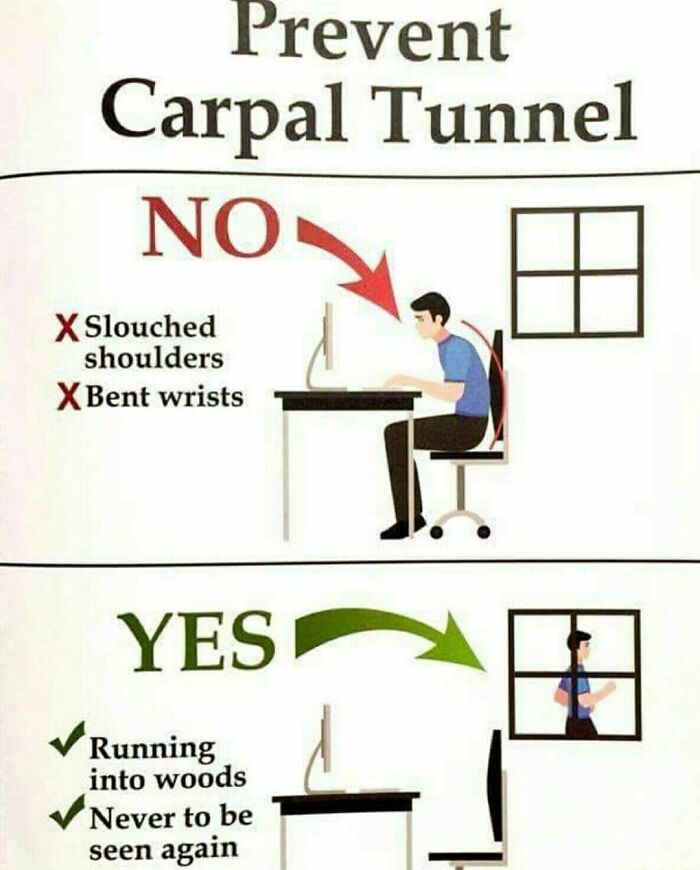
Image credits: freud.intensifies
#3

Image credits: freud.intensifies
Started nearly a decade ago, in May of 2015, the ‘Freud Intensifies’ Instagram account is home to thousands of memes of all sorts, providing entertainment for many users out there. But as amusing as they are, some posts are quite relatable, too.
According to Dr. Sheri Castro-Atwater, stumbling upon online content that a person can relate to can be a positive influence on their life. “Online communities that engage in sharing content and encourage appreciation and dialogue around commonalities of interest can be extremely beneficial for society,” she told Bored Panda in a recent interview. “In many ways, these online communities join folks together in a shared communal interest and thus can have a similar effect to support groups.”
#4
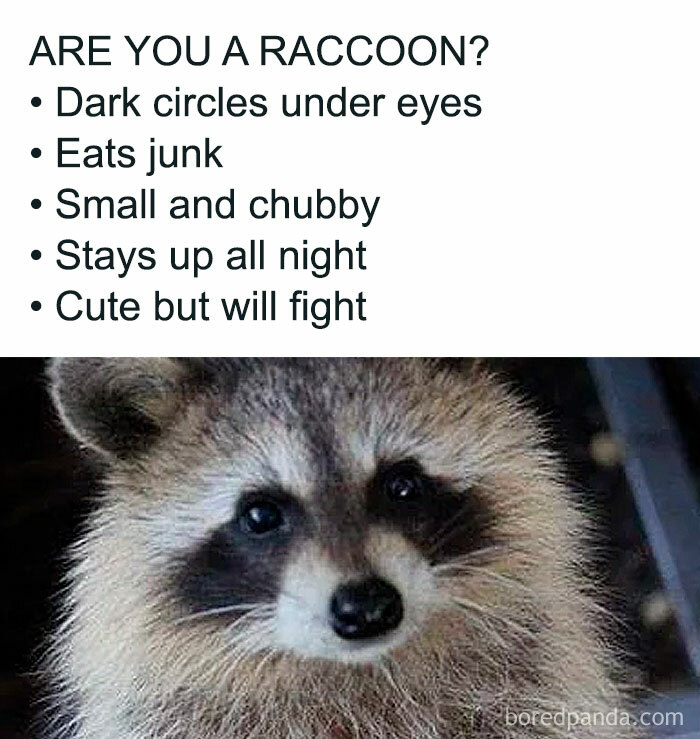
Image credits: freud.intensifies
#5

Image credits: freud.intensifies
“Although there may not be a skilled, licensed professional facilitator, online groups can still create the feeling of ‘universality’ among its members—the feeling that we are not alone in our struggles, challenges, or even our shared appreciation for the things that we value in life, as long as encouragement and positive support are offered,” the expert continued.
#6
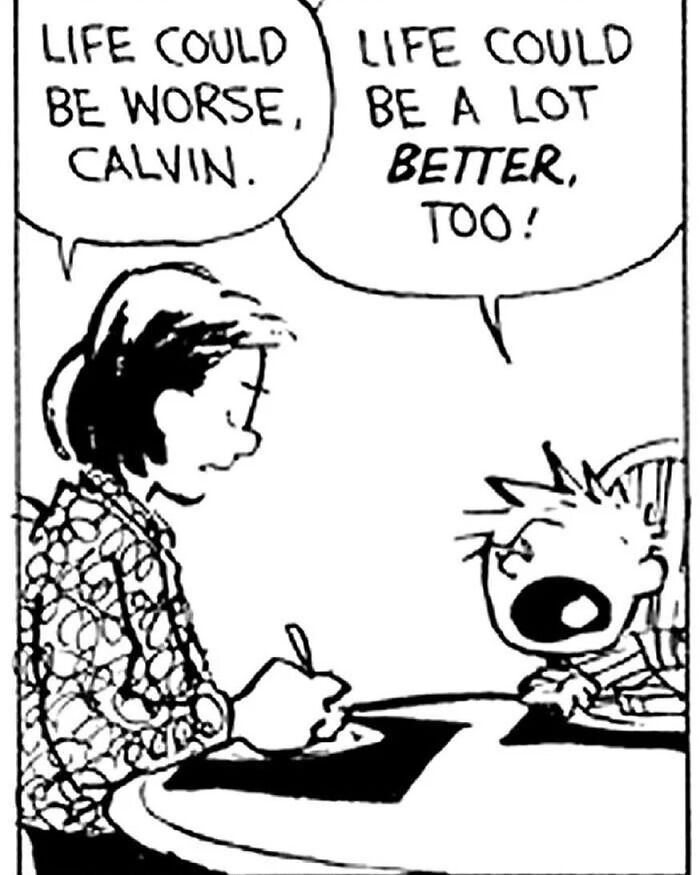
Image credits: freud.intensifies
#7

Image credits: freud.intensifies
#8
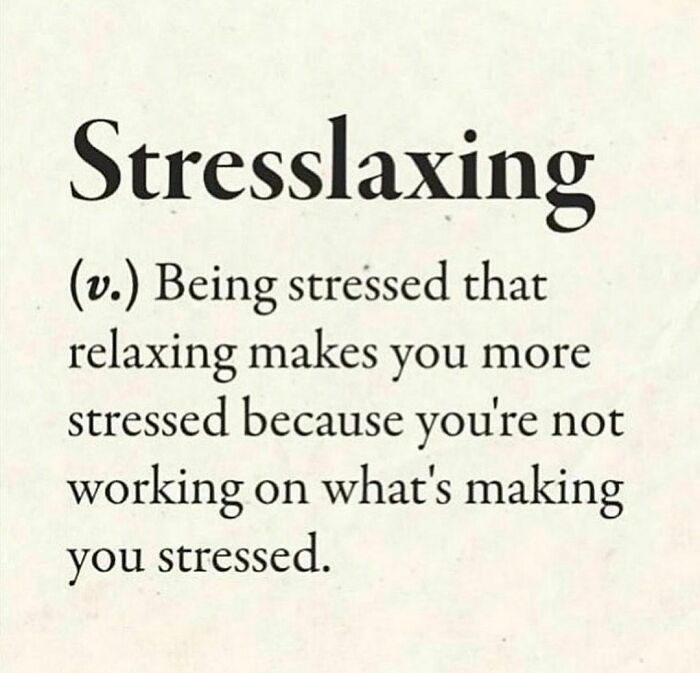
Image credits: freud.intensifies
“There is one major caveat to this type of online engagement, however, and this is perhaps the most important takeaway,” Dr. Castro-Atwater added. “Since we know that social media content has the power to influence our moods, emotions and mental states, we must take the opportunity to be proactive, mindful and intentional with what online communities we join and in what discussions we choose to engage, including who and what to view in our memes, newsfeeds, posts, and comments.
“The positive feelings we get from a post or meme that makes us happy, for example, can be quickly and easily eradicated by reading the comments section and finding a sarcastic, mean or divisive comment. So in general, it is best never to read the comments of a post unless you are 100% sure they will be positive and civil, on a site you trust, which we know happens rarely.”
#9
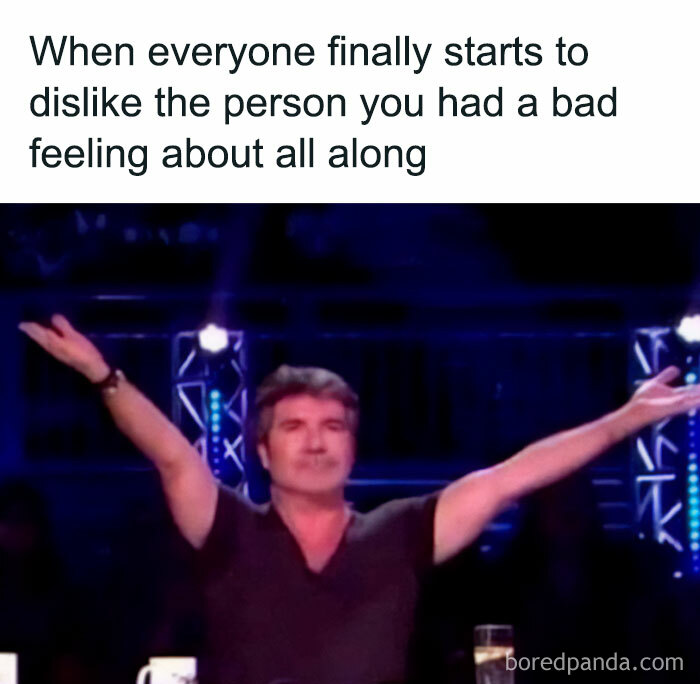
Image credits: freud.intensifies
#10
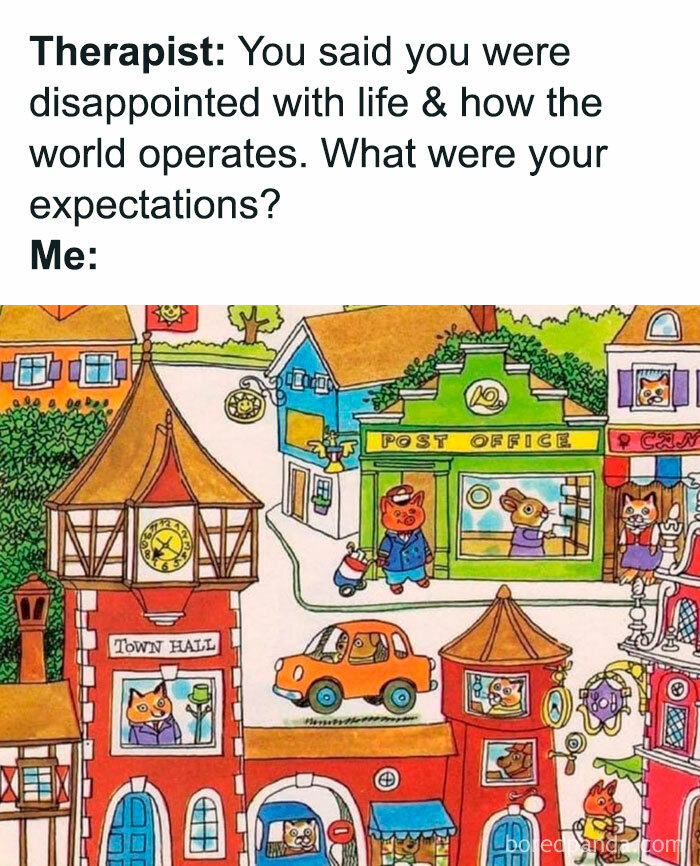
Image credits: freud.intensifies
#11
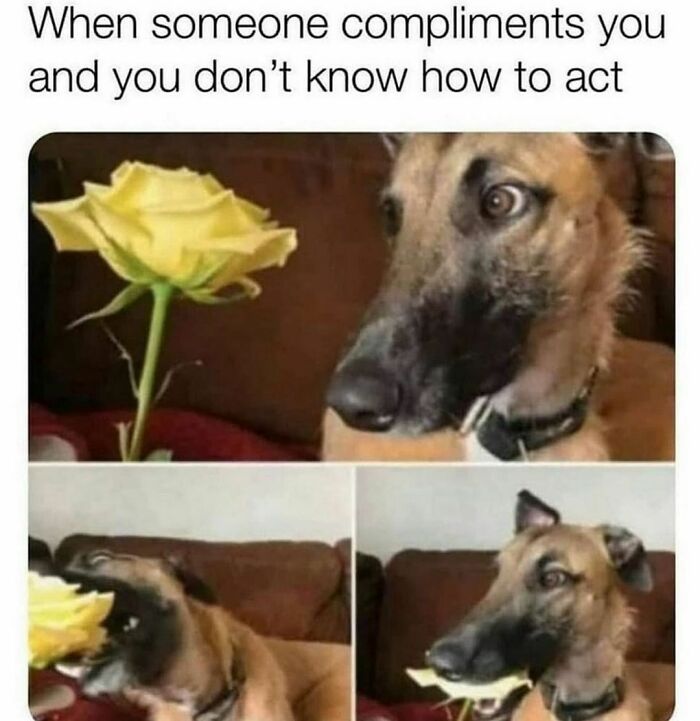
Image credits: freud.intensifies
For internet users who choose to follow accounts that share positive messages—and the followers of which are known to be civil—online content can have a positive impact on their well-being, especially if said content is focused on people’s mental health.
“Seeing or hearing positive and encouraging messages on social media—in a sense, living vicariously through watching a cute animal meme, say, or reading an inspiring quote—can influence a person just as much as if they are experiencing these scenes and perspectives directly,” Dr. Sheri Castro-Atwater suggested. “And in our fast-paced digital world, we often experience several mental and emotional states several times a day; sometimes several emotional states within an hour or even a few minutes, depending on what memes and posts we choose to attend to and how fast we scroll.”
#12
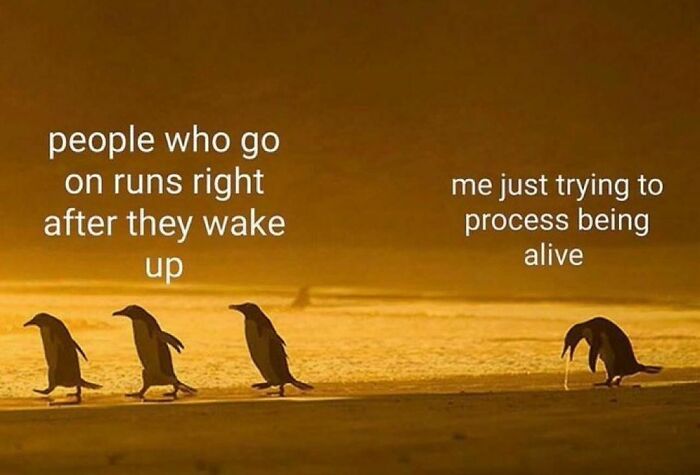
Image credits: freud.intensifies
#13
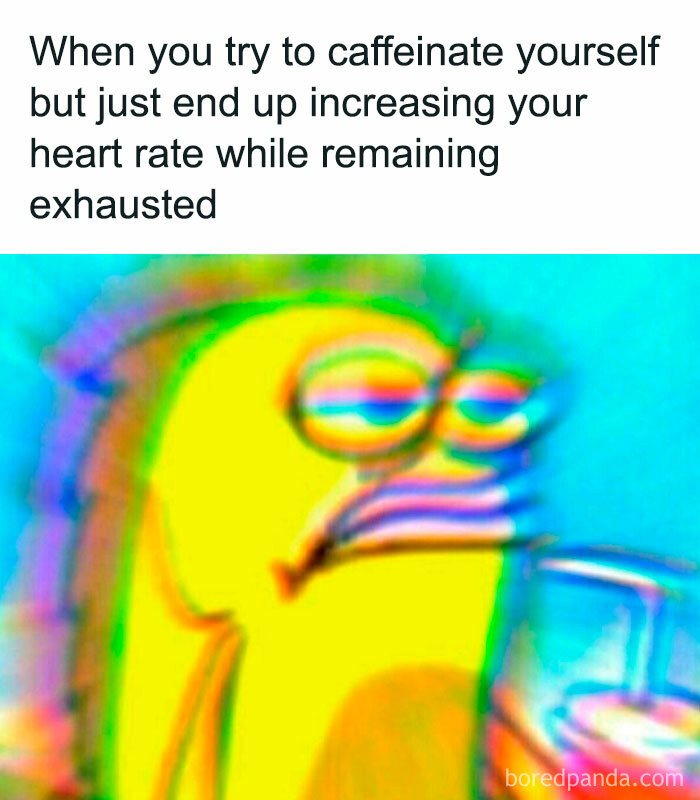
Image credits: freud.intensifies
#14
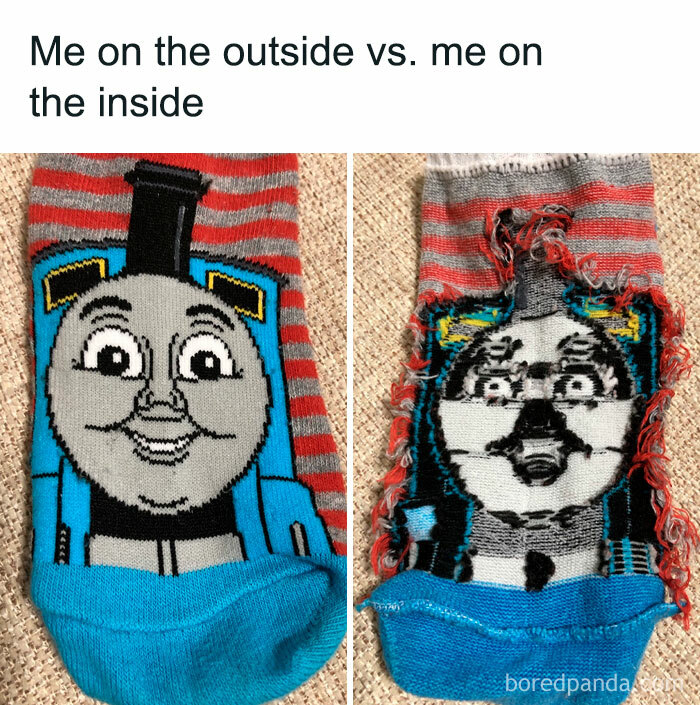
Image credits: freud.intensifies
Dr. Castro-Atwater emphasized that hearing or viewing positive and encouraging messages—especially about mental wellness and overcoming obstacles—can be highly influential. “I especially appreciate hearing young celebrities open up about their mental health issues and needs, since they have a voice and platform that can be far-reaching and allow us ‘everyday’ humans to realize that in many ways celebrities are just people with whom we may share common struggles,” she told Bored Panda.
“A day before she won the Oscar, I heard Emma Stone interviewed on NPR opening up about the crippling anxiety that she experienced as a child and the psychologist who helped her with her panic attacks. She learned to cope with her anxiety over time and with professional treatment, and eventually, she learned to view her anxiety and overactive ‘fight or flight’ response as a ‘superpower’ that allowed her to be energetic, alert and sensitive to her environment. The more that these kinds of open, positive and accepting messages of mental health are shared widely with the public, the more power they have to help others who may feel ashamed, alone or ignorant as to what is happening to them and where to turn,” the expert added.
#15
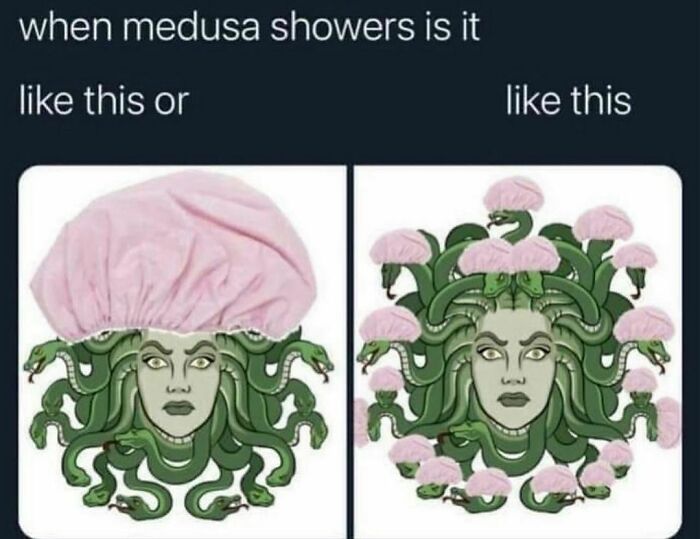
Image credits: freud.intensifies
#16
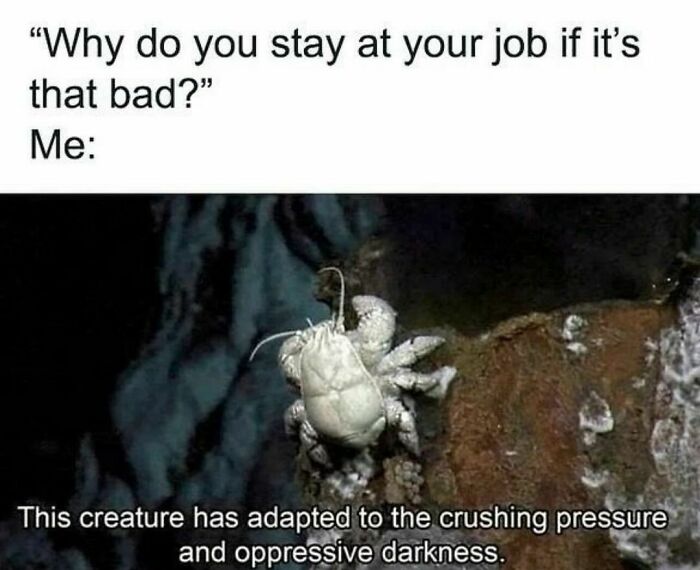
Image credits: freud.intensifies
#17
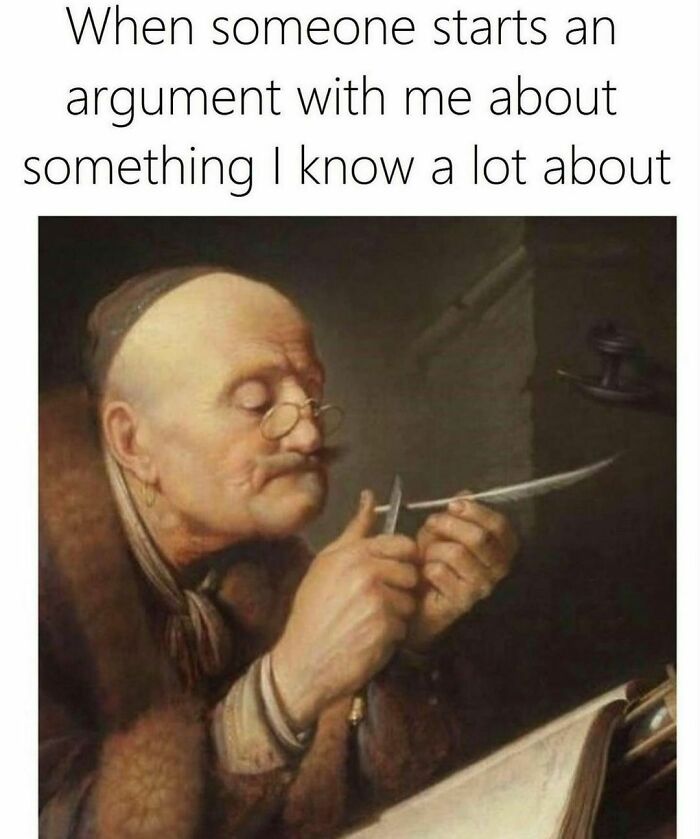
Image credits: freud.intensifies
Luckily, nowadays, talking about mental health publicly is getting more and more common. Seconding the idea, Sheri Castro-Atwater told Bored Panda that she believes people have to give credit to a new generation of young people—especially those who braved the social isolation and uncertainty of a pandemic—for helping our society view mental health from a wellness perspective and challenging the stigma that mental health issues have suffered from in prior generations.
“Not only do we see a generational difference in speaking more openly about mental health issues, we see this changing across cultures, even in those cultures that historically have been taught to keep their mental health needs private,” Dr. Castro-Atwater pointed out.
“This acceptance of attending to mental health and wellness is a wonderful, encouraging sign; we can see the stigma of mental health issues be slowly eradicated through frank, open and honest discussions. In many ways, we have COVID-19 and its aftermath to thank for this phenomenon.”
#18
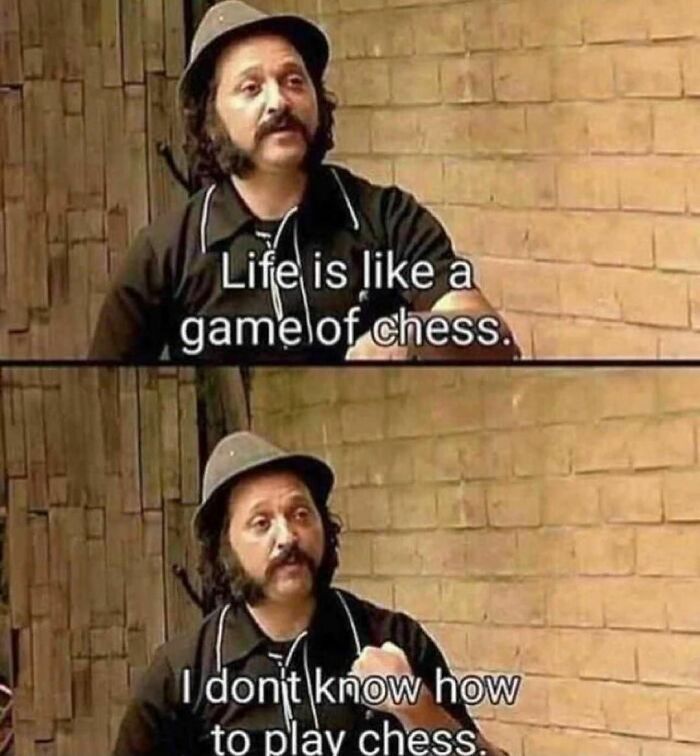
Image credits: freud.intensifies
#19
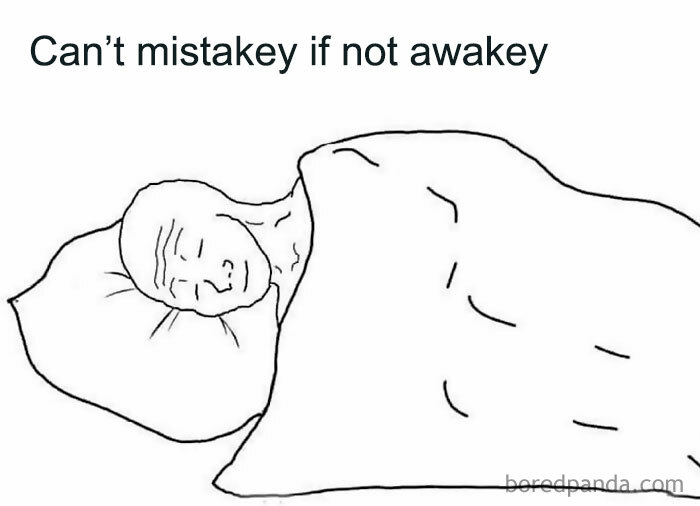
Image credits: freud.intensifies
#20
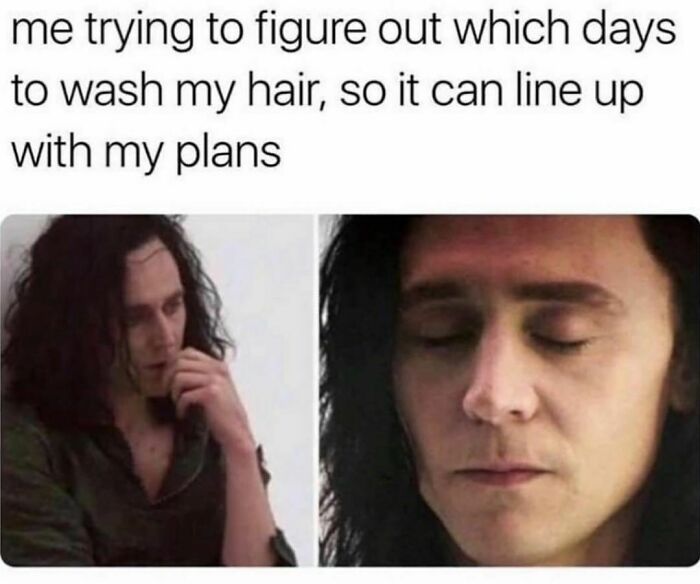
Image credits: freud.intensifies
Needless to say, while talking about the importance of mental health is crucial, it’s even more important to remember to take good care of your own mental health first. According to Dr. Sheri Castro-Atwater, taking proper care of our mental health is just as important as taking care of our physical health.
“Increasingly, we are viewing mental health through the lens of mental wellness—in the same way that we get an annual physical to make sure we are doing well, we need to attend to our mental and emotional needs from a wellness perspective. Rather than wait for a crisis, panic attack, or crippling anxiety, we should get in the habit of little ‘mental wellness habits’, such as tracking our moods, journaling, meditating or another trusted form of relaxation and mindfulness that works for us. This can allow us to practice consistent maintenance for our mental wellness.
“Visiting with a trusted mental health therapist, school counselor, or other licensed or credentialed professional helper is also a great idea, not just when we are in crisis, but for working on ourselves, our progress and life, and mental wellness goals, too,” the expert told Bored Panda.
#21
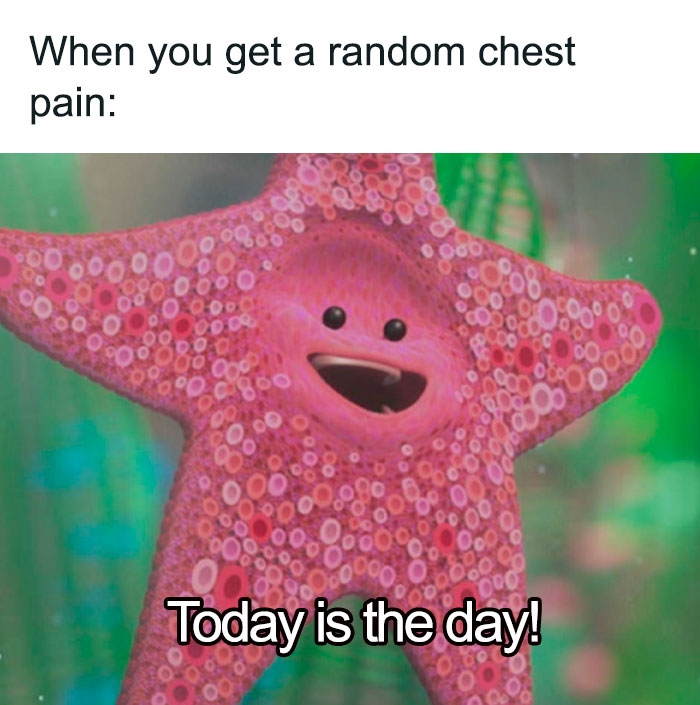
Image credits: freud.intensifies
#22
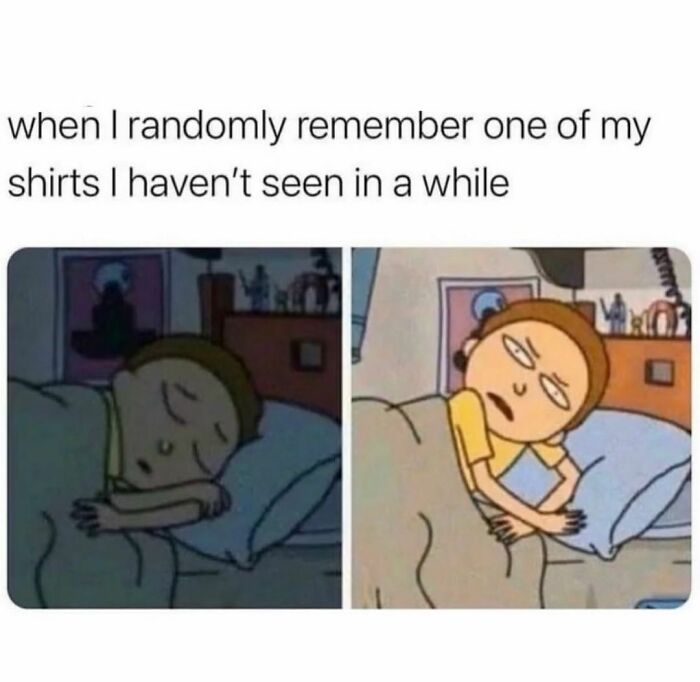
Image credits: freud.intensifies
#23

Image credits: freud.intensifies
#24
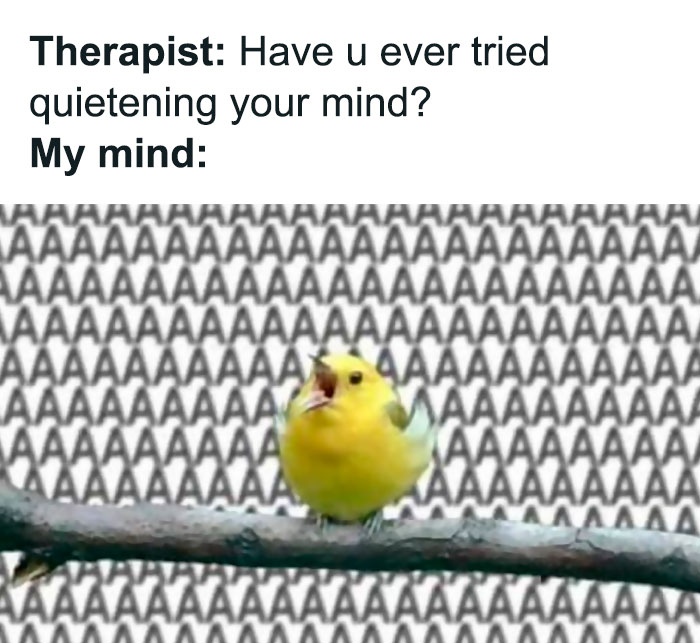
Image credits: freud.intensifies
#25
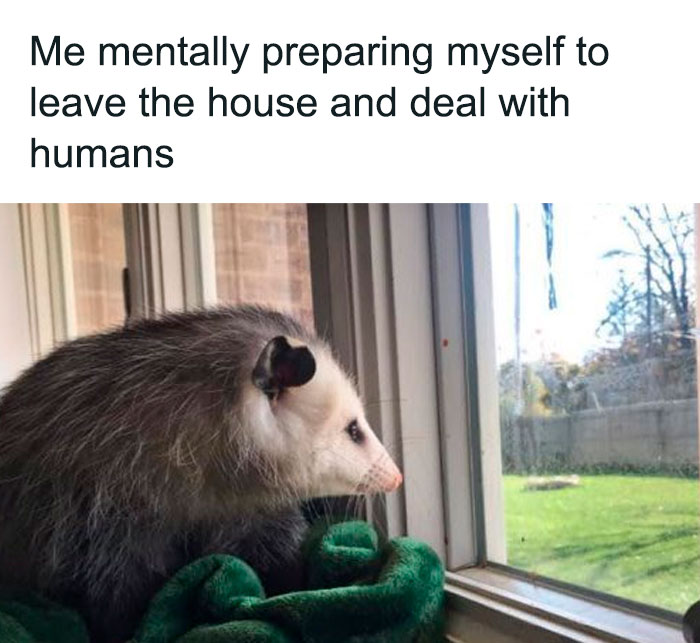
Image credits: freud.intensifies
#26
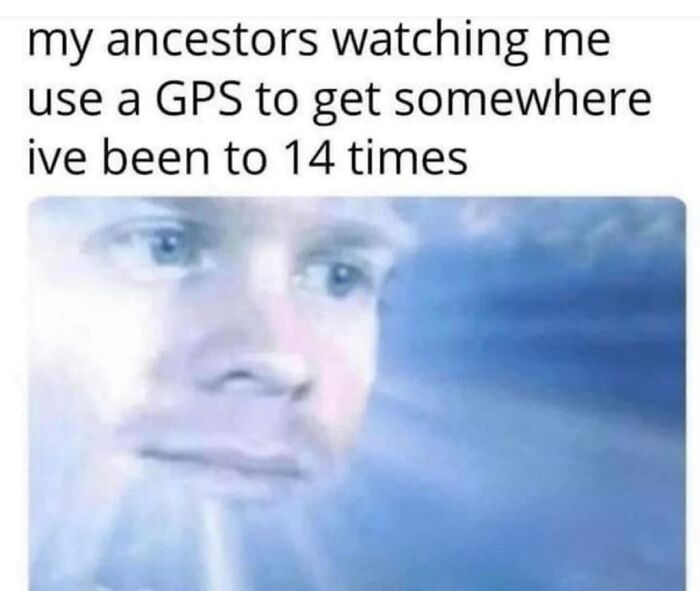
Image credits: freud.intensifies
#27
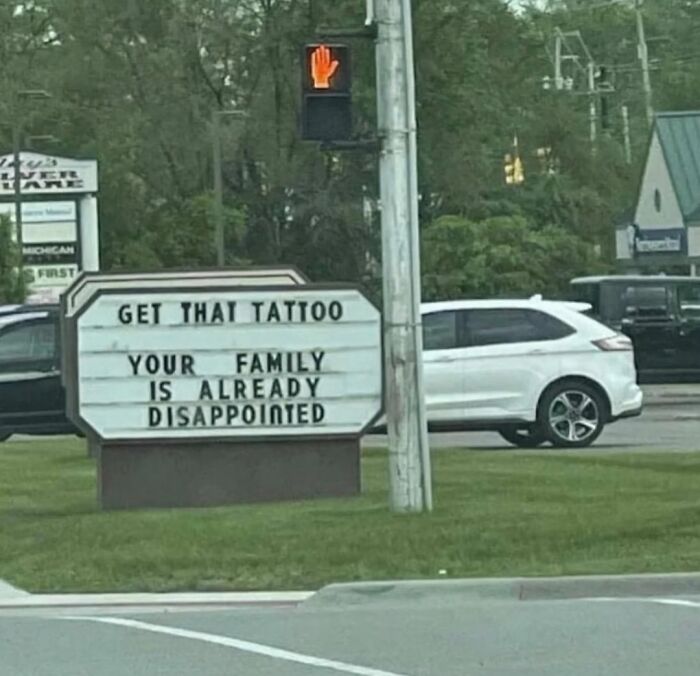
Image credits: freud.intensifies
#28
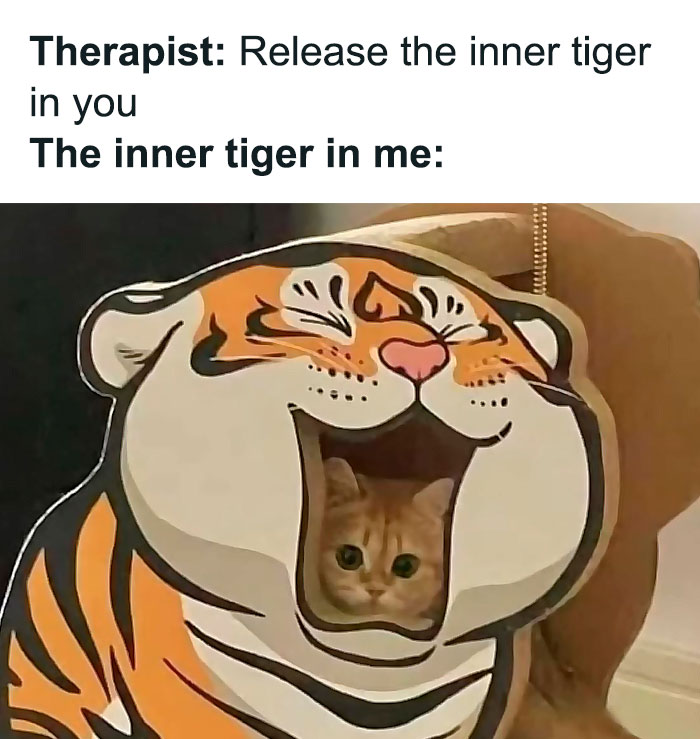
Image credits: freud.intensifies
#29

Image credits: freud.intensifies
#30
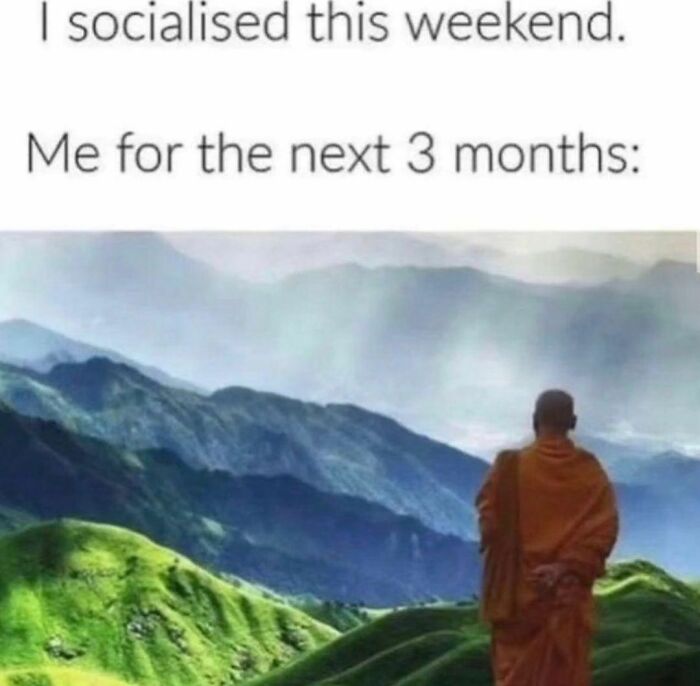
Image credits: freud.intensifies
#31
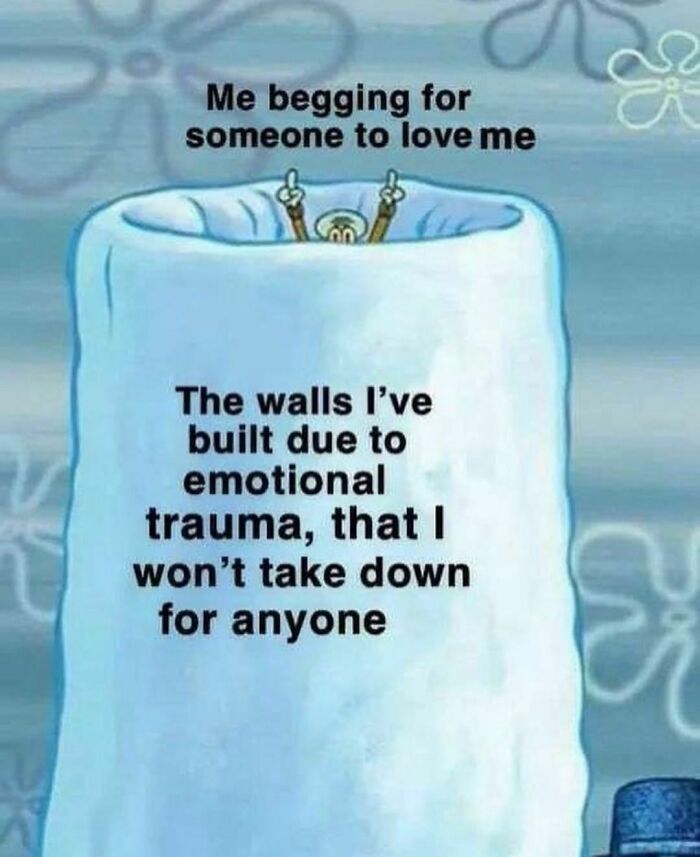
Image credits: freud.intensifies
#32
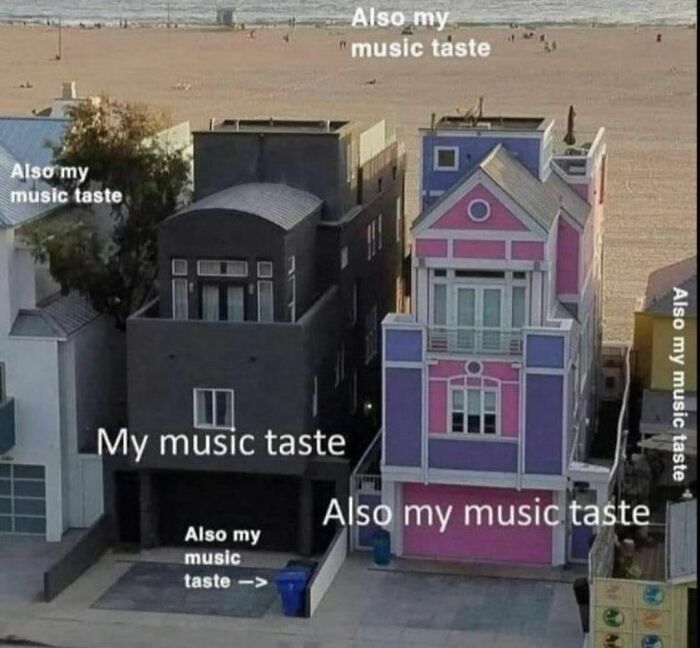
Image credits: freud.intensifies
#33
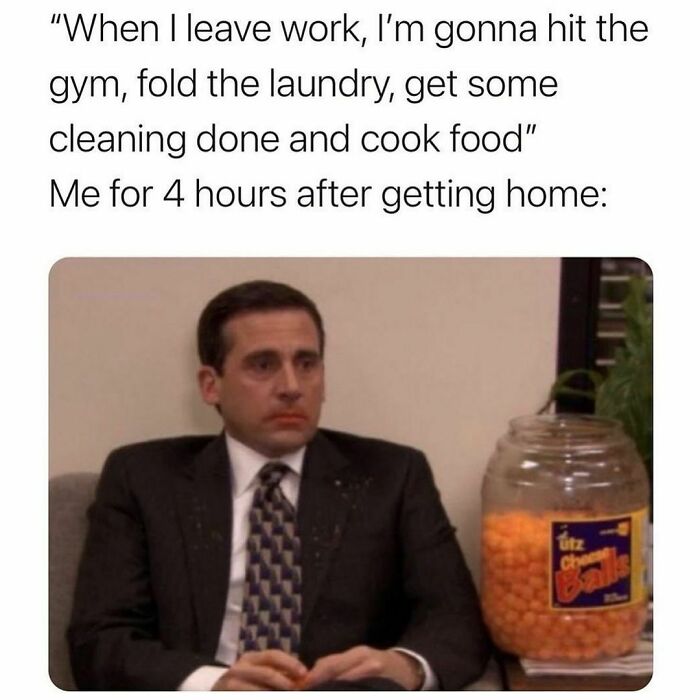
Image credits: freud.intensifies
#34

Image credits: freud.intensifies
#35

Image credits: freud.intensifies
#36
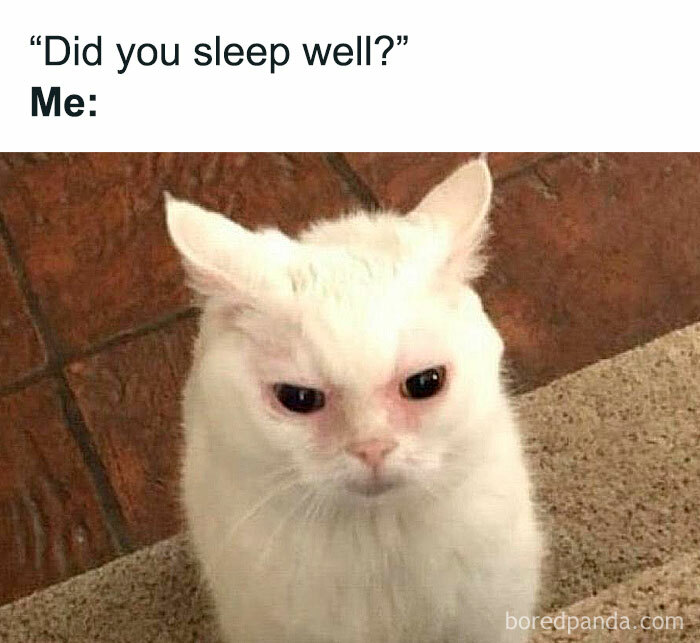
Image credits: freud.intensifies
#37
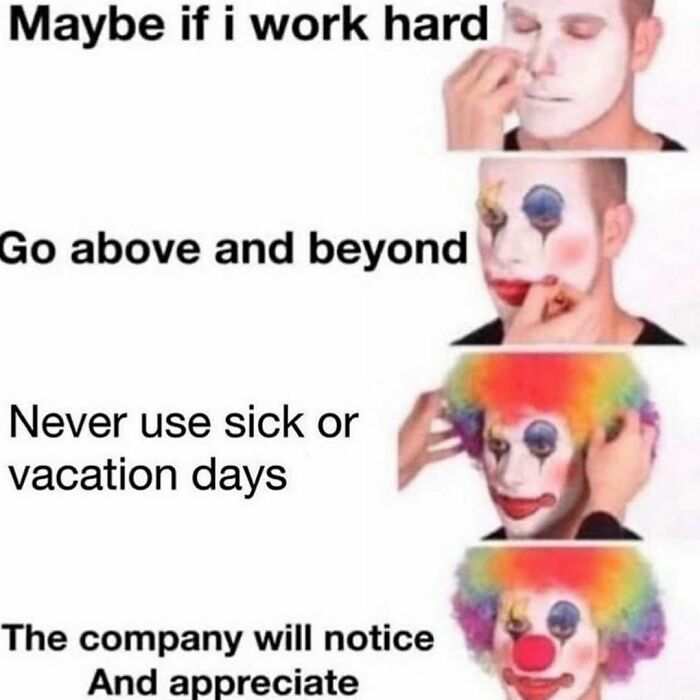
Image credits: freud.intensifies
#38
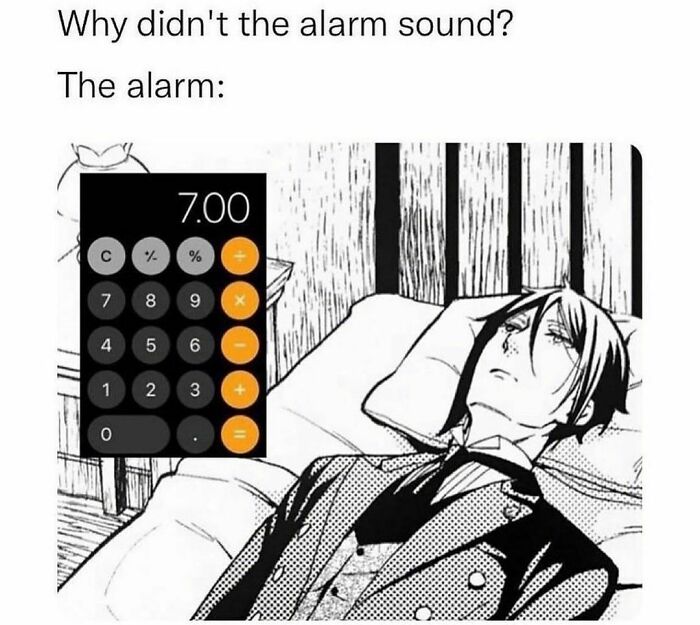
Image credits: freud.intensifies
#39
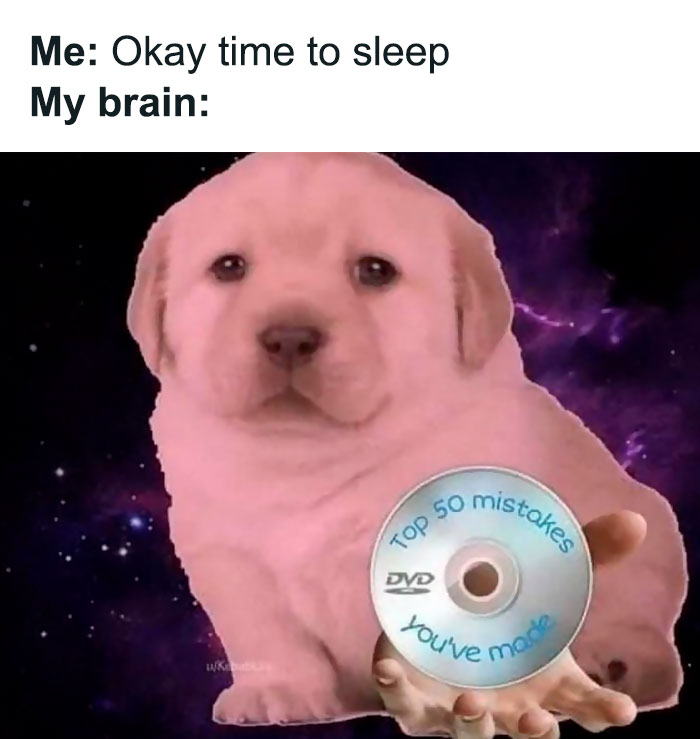
Image credits: freud.intensifies
#40
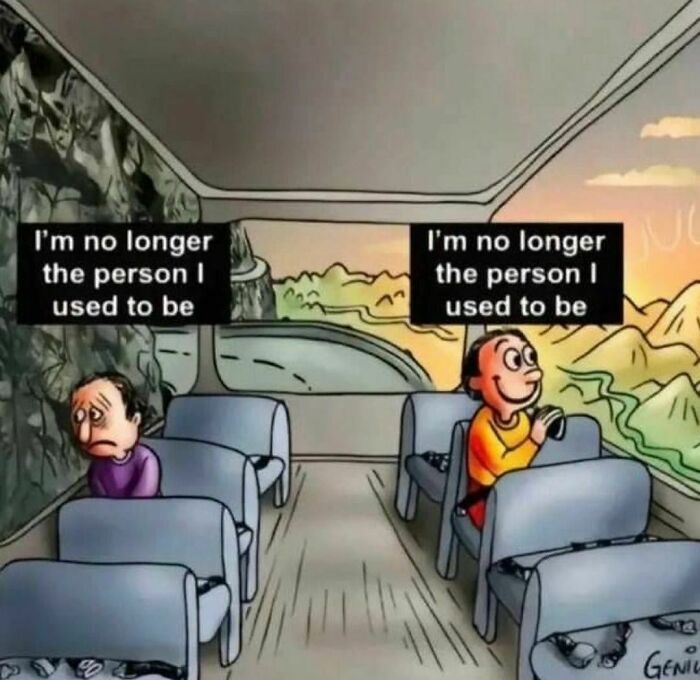
Image credits: freud.intensifies
#41
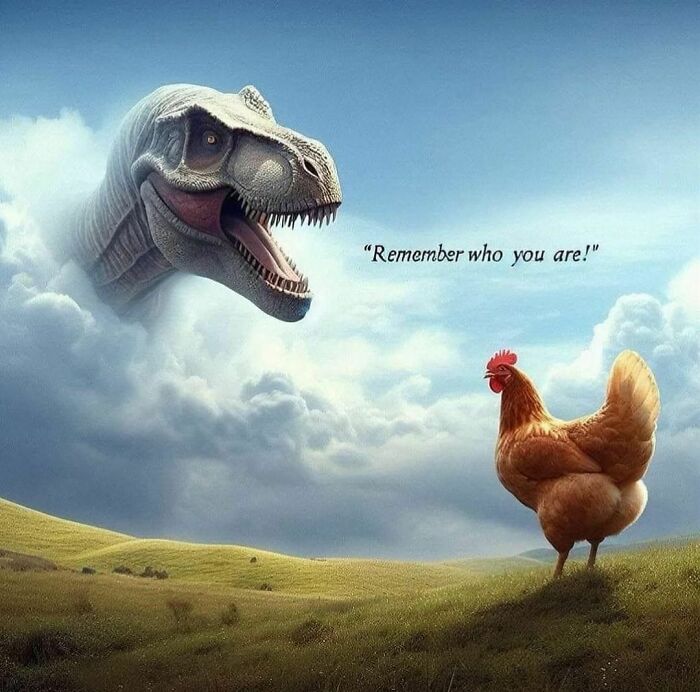
Image credits: freud.intensifies
#42

Image credits: freud.intensifies
#43
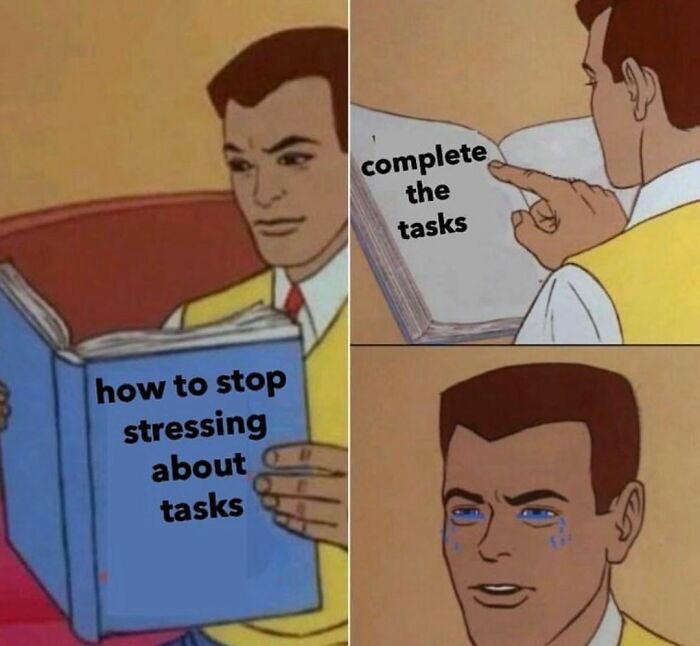
Image credits: freud.intensifies
#44
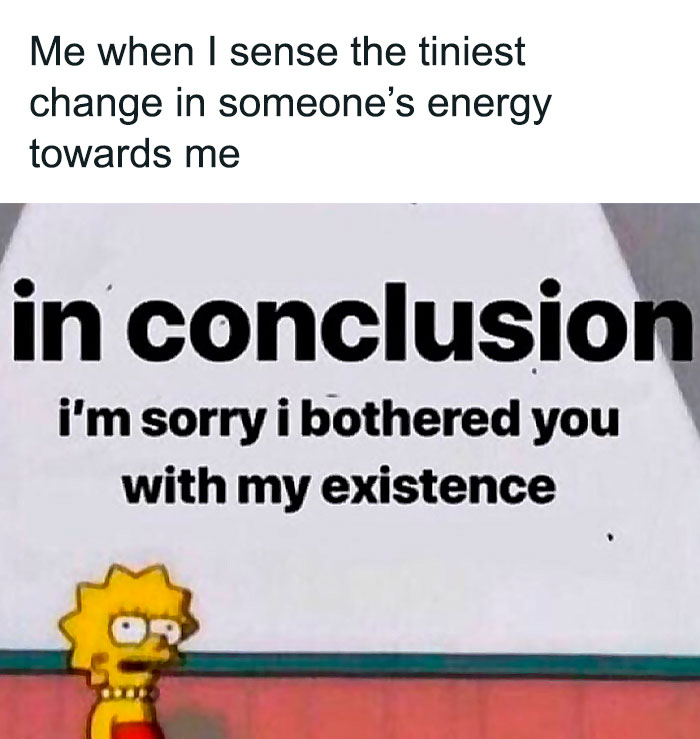
Image credits: freud.intensifies
#45

Image credits: freud.intensifies
#46
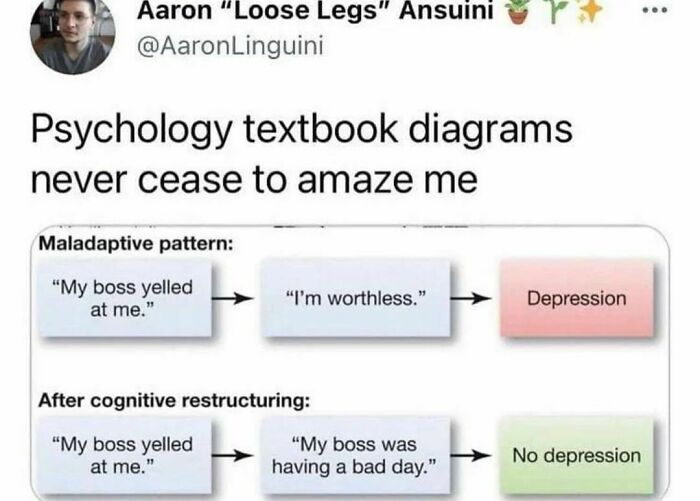
Image credits: freud.intensifies
#47

Image credits: freud.intensifies
#48
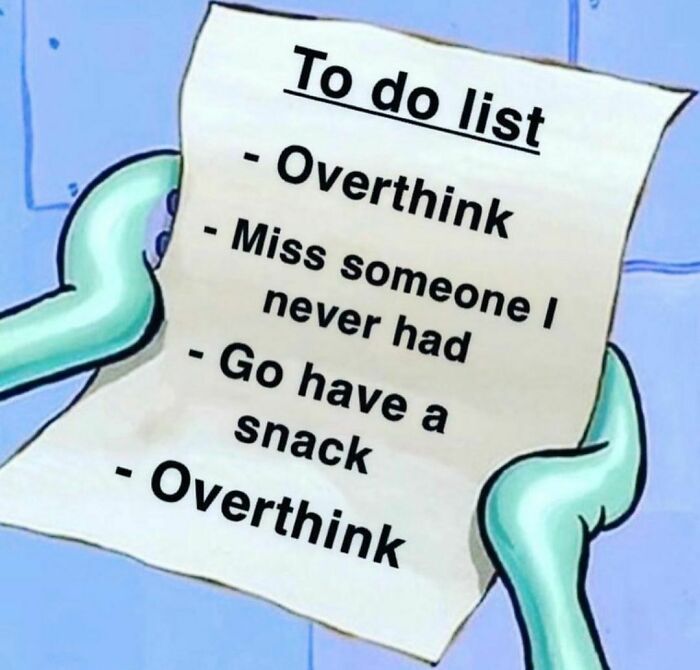
Image credits: freud.intensifies
#49

Image credits: freud.intensifies
#50

Image credits: freud.intensifies







